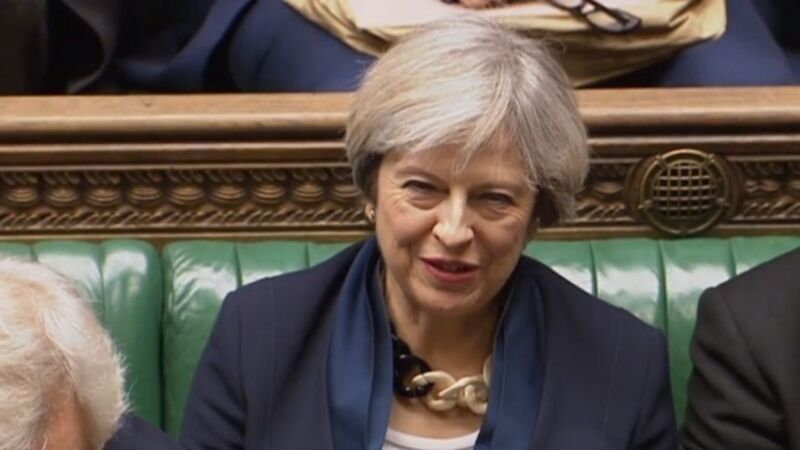Theresa May’s weak position allows compromise

Every step, no matter how faltering, along the long, difficult way to divorce seems to exacerbate personal or philosophical differences.
Each dismissed have-your-cake-and-eat-it position paper deepens delusion and, in a small country with so much to lose, adds to the concern about how our economy will be affected.
















